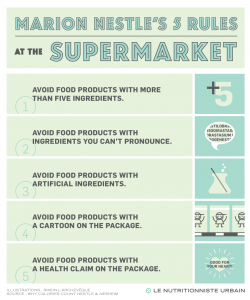Action Alert #2: stop congressional micromanagement of school nutrition standards
Congressional interference with school nutrition standards is looming large on the horizon.
Margo Wootan of CSPI is collecting signatures on a petition to stop this. She writes:
Some members of Congress are playing politics with our children’s health. We expect they will act on Tuesday May 20 to gut nutrition standards through the appropriations process.
They might say they just want to provide schools with a little more “flexibility,” but their changes would roll back standards on salt, whole grains, fruits/vegetables, and snacks.
These are the same people who legislated that pizza is a vegetable (because it contains a little tomato sauce)!
…Thankfully, ninety percent of schools now meet the updated nutrition standards for school lunch, helping millions of students get more fruits, vegetables, and whole grains.
In summary:
- Congress is trying to micromanage school nutrition standards to win political points.
- Schools need support and technical assistance, not a free pass to serve junk to kids.
- And kids need nutrition standards based on science, not politics.SIg
SIgn the petition. Better yet, write you own letter.






